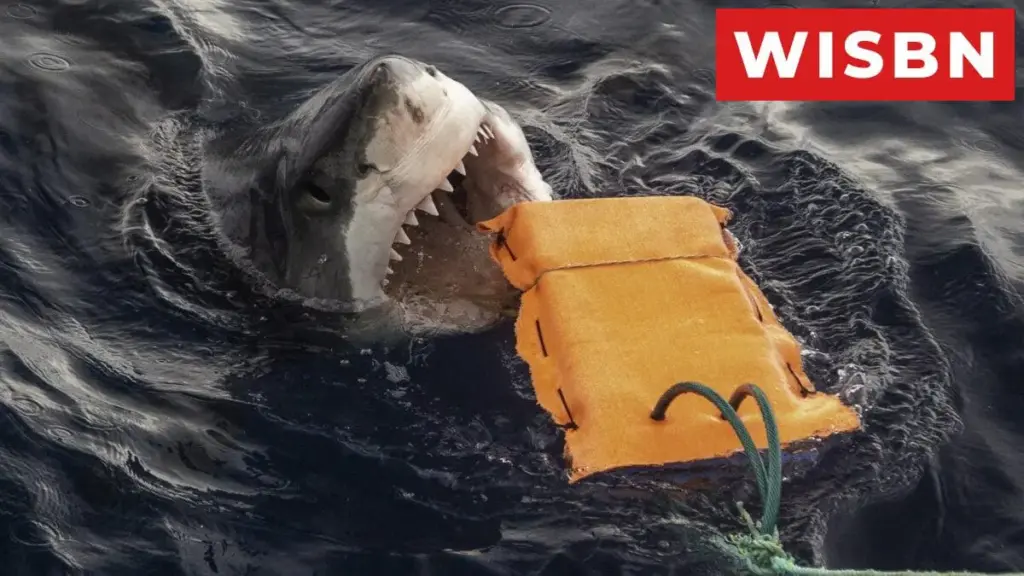Shark researchers have disclosed that some specialized wetsuit fabrics designed to stop sharks from tearing off an arm or gutting you might actually be beneficial. As outlined in a study published in the journal Wildlife Research, the group examined how much four bite-resistant wetsuit fabrics—Aqua Armour, Shark Stop, ActionTX-S, and Brewster—could decrease harm and blood loss from great white and tiger shark bites.
“Our study showed that bite-resistant materials incorporated into wetsuits can reduce damage from large white and tiger sharks (up to 3 metres) compared to standard neoprene wetsuit, even from moderate and severe bites,” Tom Clarke, a researcher from Flinders University’s College of Science and Engineering, said in a university statement. Three meters is about 9 feet.
The researchers trialed each material with actual sharks and rated the bite damage across four severity categories, from minor to critical. They measured the harm against what standard neoprene permits. This method showed that “while there were small differences between the four tested materials, they all reduced the amount of substantial and critical damage, which would typically be associated with severe haemorrhaging and tissue or limb loss,” Clarke added.
While sharks seldom bite people, our encounters with them are rising worldwide as coastal populations grow and marine recreation becomes more popular. The majority of unprovoked shark bites are from great whites and tiger sharks, which are also among the top three species responsible for the highest rate of fatal bites.
“While these suits don’t eliminate all the risk (e.g. internal injuries may still occur), our results indicate that they can reduce blood loss and trauma from major lacerations and punctures, potentially saving lives,” said Charlie Huveneers, head of the Southern Shark Ecology Group at Flinders University. Crushing injuries could also happen. “Our findings will allow for informed decisions to be made about the use of bite-resistant wetsuit materials for occupational activities, as well as enabling the public to make appropriate decisions about the suitability of using these products.”
So if a shark clamps down on your shin, it sounds like you might still suffer a broken leg—but perhaps the animal won’t tear away your whole calf. Accordingly, the researchers maintain that bite-resistant wetsuits are a practical means to lessen the severity of shark bite wounds.
Conventional chainmail suits are effective, but they’re too heavy and rigid for surfers or divers to wear. By contrast, newer wetsuits constructed from strong, lightweight fibers and ultra-high molecular weight polyethylene are both flexible and effective, according to the statement.
See also: Matthews Marking Systems Unveils XIJ Printing Innovation for Manufacturing



